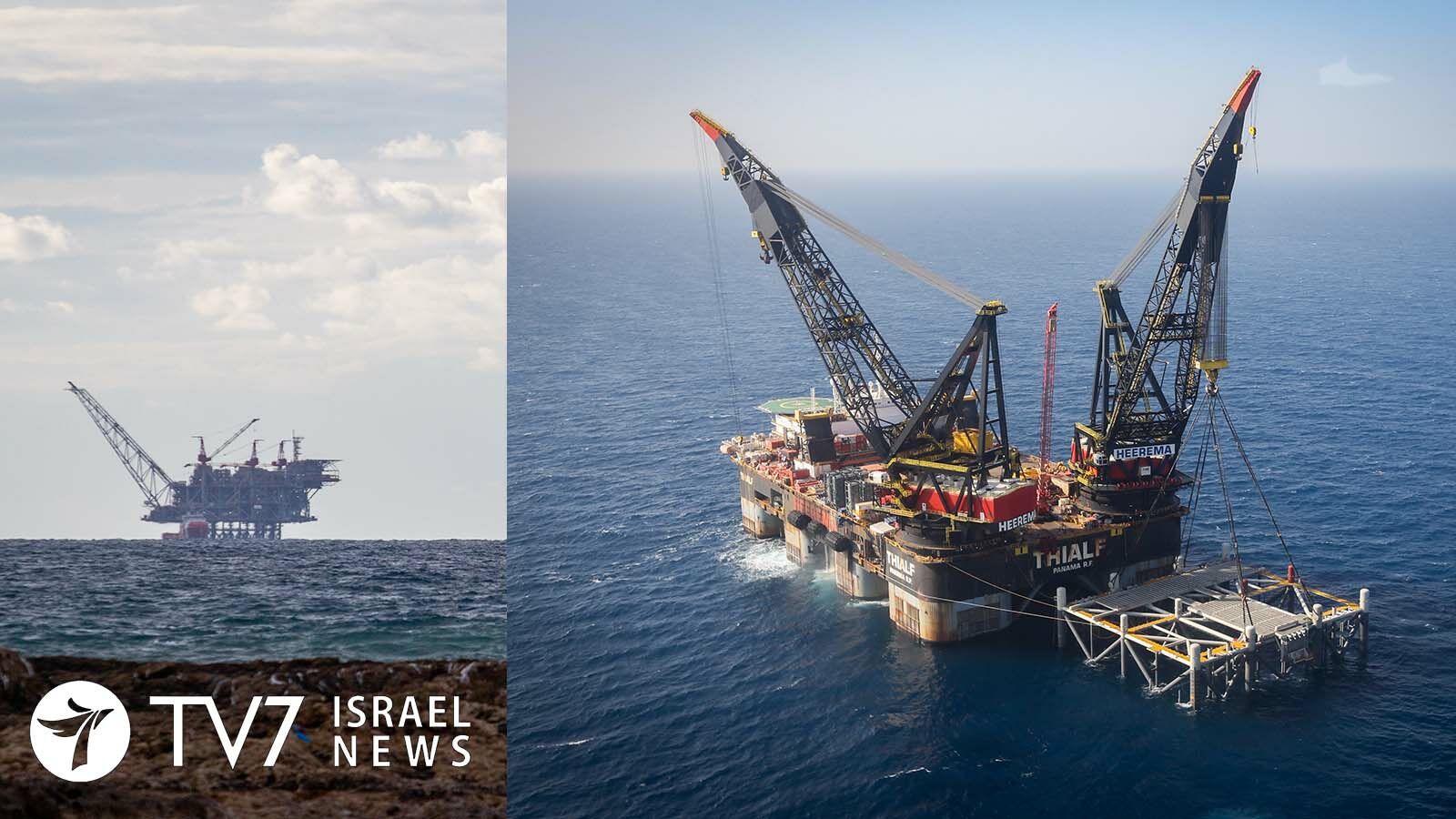The development is being undertaken in hope of reaching an export deal to Europe.
By Erin Viner
Exploration for new gas fields is aimed at not only meeting renewable energy targets but to also serve as a swift alternative of supply from Russia to Europe due to the war in Ukraine, announced Israeli Energy Minister Karine Elharrar.
Russian natural gas makes up about 40% of Europe’s imports, totaling around 155 billion cubic meters (bcm) last year. European governments increasingly seek to curtail ties to Moscow over its 24 February invasion of Ukraine.
Israel currently provides gas from its Mediterranean fields to its own market, as well as to neighboring Egypt and Jordan via a network of pipelines; and is in an ideal position to facilitate European diversification.
“Alongside the real and sincere concern in Europe, there is a real opportunity for Israel to export natural gas to Europe,” Minister Elharrar said at a news conference.
The Israeli energy czar said she has instructed the ministry to prepare for a new round of tenders for gas exploration off the country’s Mediterranean coast, which is expected to begin in the third quarter.
“We established a three-way working group with Israel, Europe and Egypt. We will sign, I hope in the near future, a memorandum of understanding that will create the framework agreement for export,” she revealed.
The strategy involves gas transport to Egypt through an expanded pipeline network for liquefication, said Minister Elharrar, after which it would then shipped to Europe. Other options on the table include the long-discussed EastMed pipeline project to connect the Israeli gas fields directly with Europe.
Israel, Cyprus and Greece have already signed a a deal to build an underwater EuroAsia Interconnector power cable to connect their electricity grids and provide back-up power during emergencies.
Official sources believe it will nevertheless require several years before a significant quantity of Israeli gas could reach the continent.
In related news, Israel’s long-delayed sovereign wealth fund is set to begin operations tomorrow following passage of a proposal to tax profits derived from natural gas and other resources that surpass the ₪ 1 billion shekel mark (about $301 million, just over € 281 million), the Finance Ministry and Tax Authority has announced.
Israeli Finance Minister Avigdor Liberman is set to sign an order tomorrow to transfer ₪1.14 billion shekels ($10,186,992 or € 9,516,065,656) in levies that have accumulated so far to the fund, said the ministry and authority in a joint statement.
The fund reached its minimum thanks to gas sales last year from the offshore Tamar field, according to the statement. More recently the larger Leviathan field has come online, selling gas to Israel’s neighbor Jordan in addition to Egypt.
The wealth fund will be managed by the central Bank of Israel. It is believed that the money will be invested in stocks and corporate bonds on international markets, with profits gradually being returned to the Jewish State.
In accordance with the bill, about 3.5% of the ₪1.14-billion-shekel total or ₪40 million will be allocated for social, economic and educational purposes.
“The money is returning to the citizens,” said Minister Liberman.
The wealth fund is a system intended to insulate Israel’s overheated currency from the sudden expansion in national wealth after the discovery of enormous reservoirs of natural gas in the east Mediterranean a decade ago. Major production began in 2013. While the plans for the wealth fund were drawn up in 2014 and aimed at beginning operations 2018, domestic political turmoil and a slower stream of revenue have caused delays.
The Tax Authority also announced that it is holding close to another billion shekels from levies whose status is not yet final.
